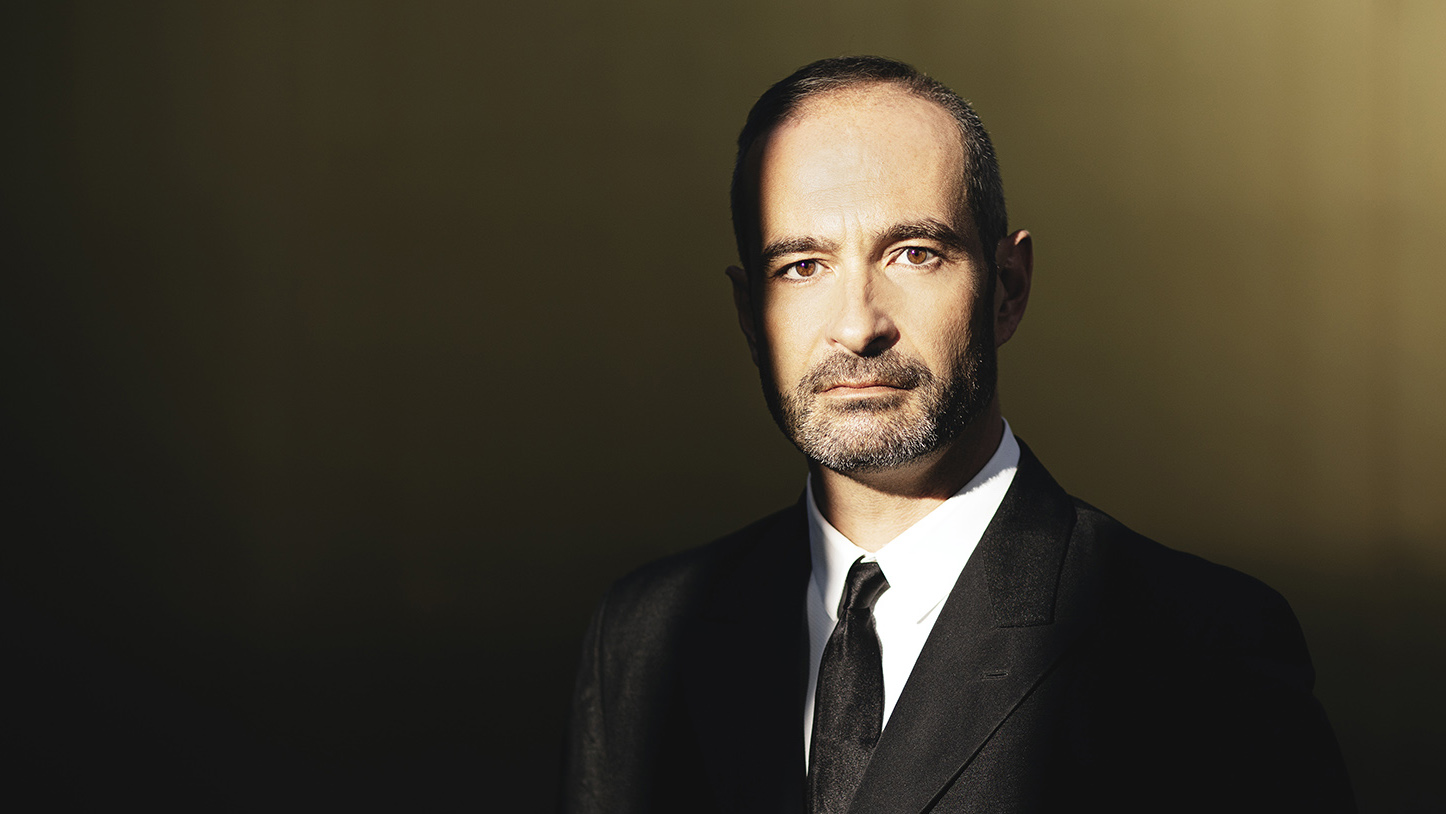Antonello Manacorda's long-awaited return to Helsinki leads the audience and the orchestra into the mysterious triangle of the concert experience.
“The audience is always part of the performance. It is a mysterious triangle: composer, musicians, and audience. One hears the audience. Their impact is most powerfully felt in their silence.” (classicalvoice.org) Conductor Antonello Manacorda's long-awaited return to Helsinki leads the audience and the orchestra into the mysterious triangle of the concert experience. Manacorda and Robert Schumann are our celebrated guests for two weeks!
Robert Schumann: Symphony No. 4
Having devoted the 1830s almost entirely to music for the piano, Robert Schumann (1809–1856) then turned his manic attention first to songs and then symphonies. His first symphony, written in a mere few weeks, was a great success and encouraged him to believe that writing a symphony was child’s play. His second, clearly influenced by Beethoven’s fifth, soon proved him wrong, however. Its premiere was a disaster, it got banished from sight and would be left to gather dust for the next ten years. It then reappeared in 1851, its errors corrected and with lighter instrumentation under the title of Symphony No. 4 in D Minor, Op. 120.
In writing a symphony with movements linked together without a break, Schumann took symphonic unity further than any of his predecessors had done. Whereas Berlioz, for example, in his Symphonie fantastique, kept coming back to his theme either as such or with only minor changes, Schumann in practice based the whole of his D-minor symphony on a single motif first heard in the slow introduction to the first movement. The result was a homogeneous work in a single movement abounding in familiar melodies.
Robert Schumann: Symphony No. 3 in E-flat Major, Rhenish, Op. 97
The Rhenish Symphony by Robert Schumann (1810–1856) is a combination of romantic licence and classical form: the rhythms and melodies are allowed to go their own ways, but within a very strict framework. Instead of the usual four movements, this symphony has five; Schumann was possibly inspired here by the example of Beethoven’s Pastoral, which also has five. Both works also reflect the images conjured up in their composers’ minds by nature and certain landscapes. The second movement of the Rhenish, a Ländler dance with a gently rocking theme, was originally titled Morning on the Rhine.
Schumann had been impressed by the Rhine since taking up the post of director of music in the city of Düsseldorf in autumn 1850 and a visit soon after to another city on the river, Cologne. Sadly, he nevertheless soon began to suffer from depression and tried to commit suicide by drowning himself in the river. Though rescued on that occasion, he died in a mental asylum two years later.
Violin 1 Pekka Kauppinen
Jan Söderblom
Kreeta-Julia Heikkilä
Katariina Jämsä
Helmi Kuusi
Elina Lehto
Jani Lehtonen
Kalinka Pirinen
Satu Savioja
Elina Viitasaari
Serguei Gonzalez Pavlova
Neea-Noora Piispa
Violin 2
Anna-Leena Haikola
Kamran Omarli
Teija Kivinen
Heini Eklund
Teppo Ali-Mattila
Sanna Kokko
Virpi Taskila
Mathieu Garguillo
Venla Saavalainen
Aimar Tobalina
Viola
Torsten Tiebout
Lotta Poijärvi
Ulla Knuuttila
Carmen Moggach
Hajnalka Standi-Pulakka
Remi Moingeon
Hanna Semper
Laura Világi
Cello
Lauri Kankkunen
Beata Antikainen
Basile Ausländer
Mathias Hortling
Aslihan Gencgonül
Hans Schröck
Bass
Adrian Rigopulos
Tuomo Matero
Eero Ignatius
Tomi Laitamäki | Flute
Elina Raijas
Jenny Villanen
Oboe
Hannu Perttilä
Nils Rõõmussaar
Paula Malmivaara
Clarinet
Osmo Linkola
Harri Mäki
Bassoon
Mikko-Pekka Svala
Noora Van Dok
Horn
Mika Paajanen
Miska Miettunen
Jonathan Nikkinen
Sam Parkkonen
Trumpet
Pasi Pirinen
Mika Tuomisalo
Trombone
Valtteri Malmivirta
Anu Fagerström
Joni Taskinen
Timpani
Tomi Wikström |

